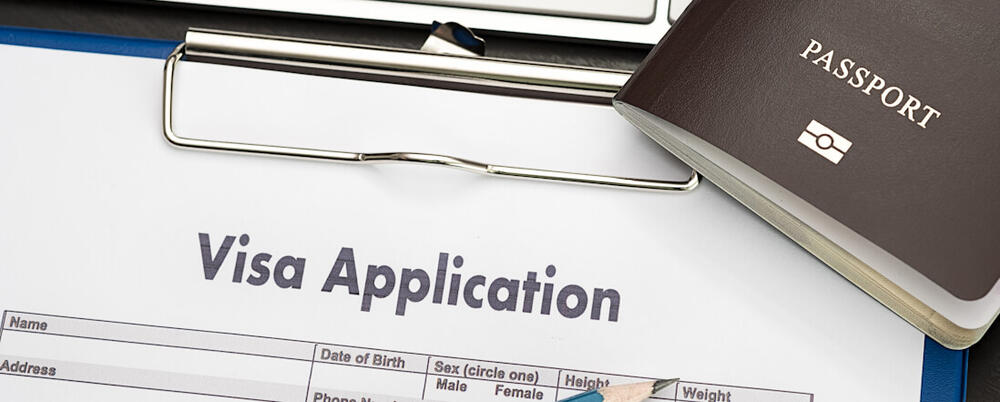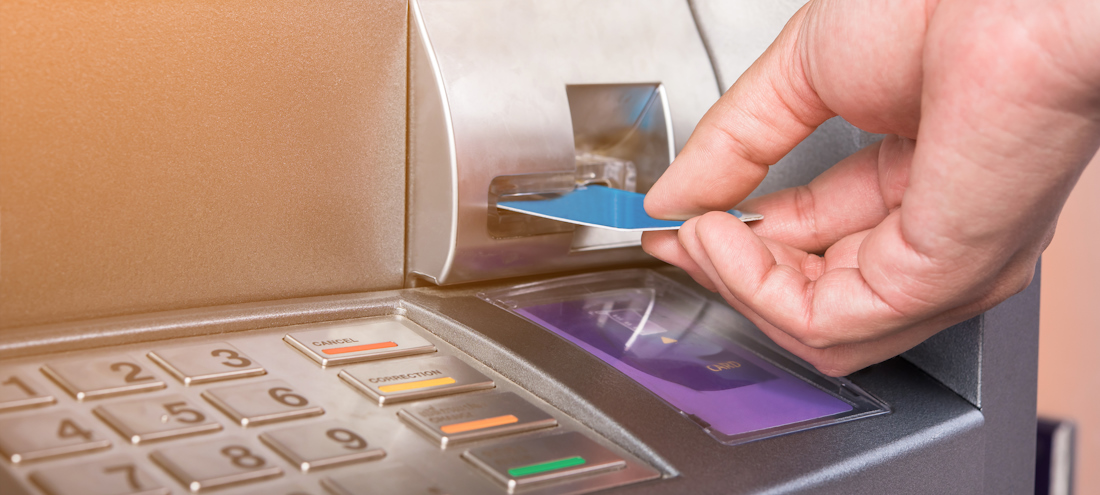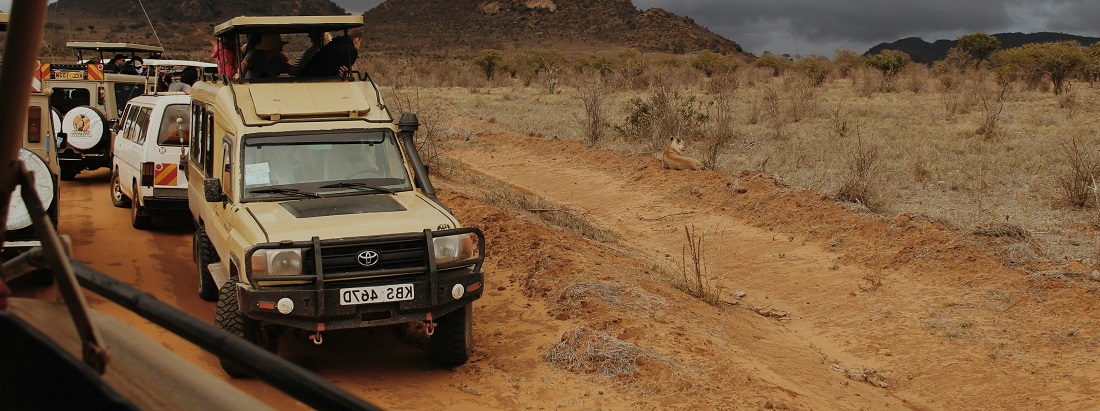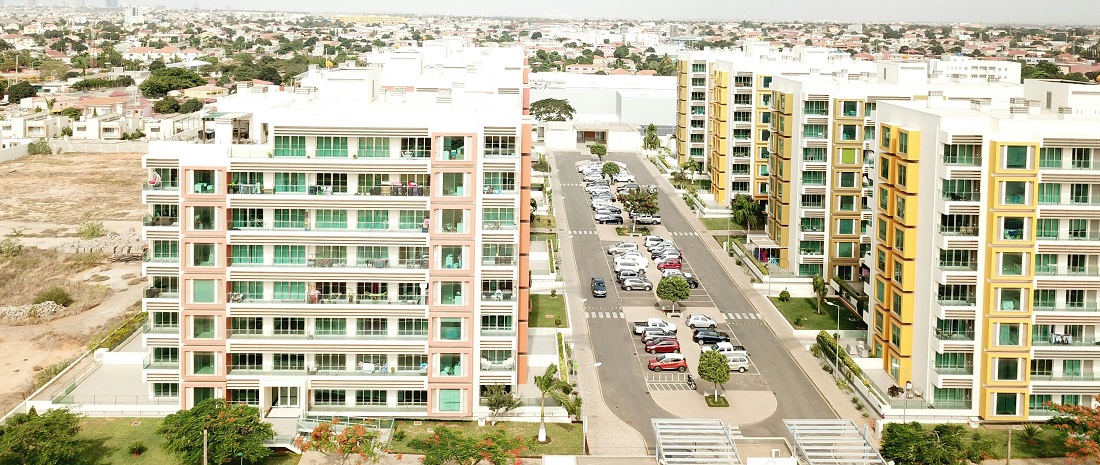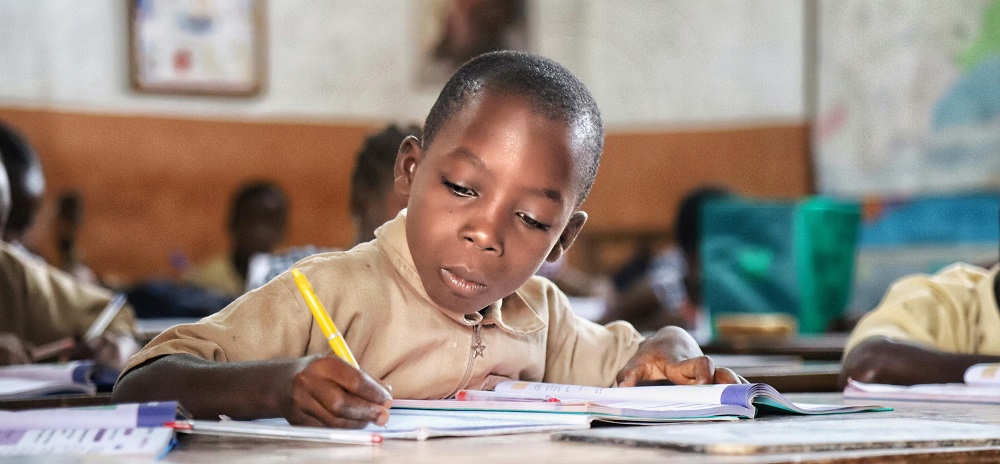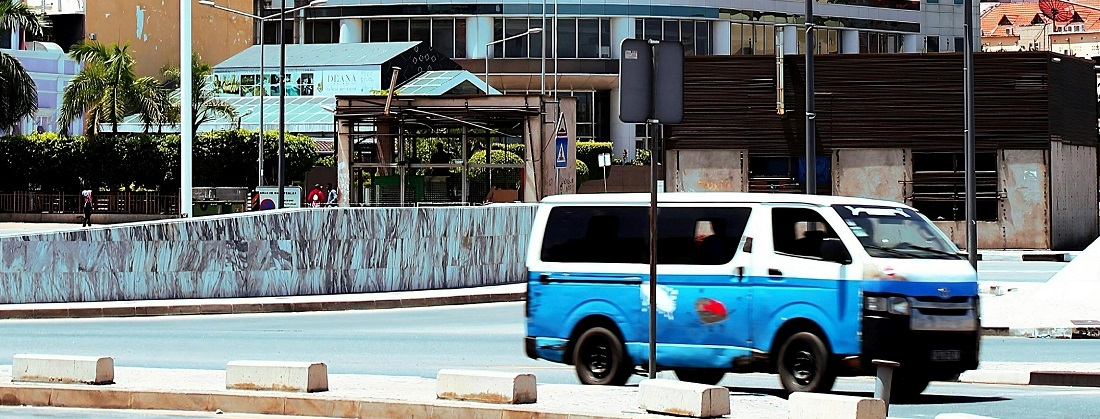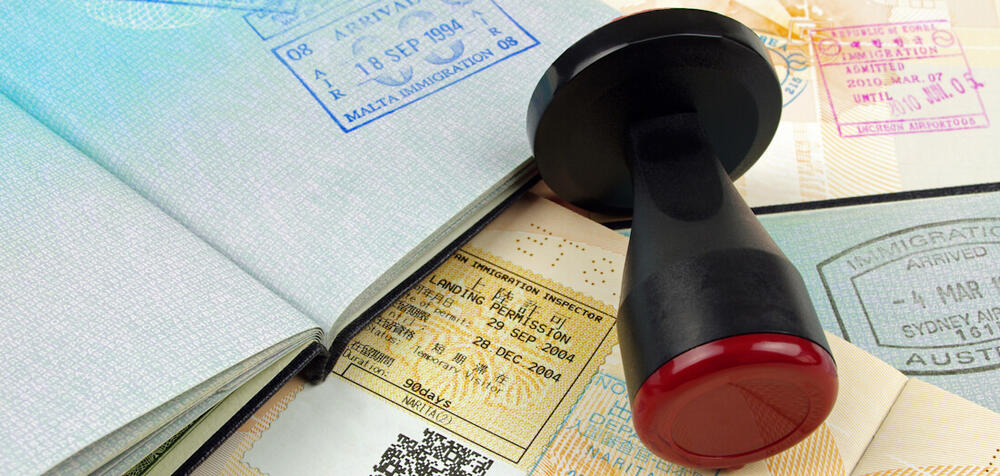Despite being an unconventional expat destination, Angola boasts a cool tropical climate and warm and friendly locals with wonderful beaches to boot. Angola is still a developing country that is recovering from 27 years of a civil war that significantly impacted all aspects of its society.
Angola is known as one of Africa’s biggest oil producers and exporters, and as such, most expats move to the country on an assignment from one of the country’s many energy companies. This has greatly contributed to Angola’s melting pot of cultures and ethnicities.
Below is some useful information about diversity and inclusion in Angola.
Accessibility in Angola
Owing to years of civil war, Angola’s community of people living with disabilities has grown significantly. The country became a signatory to the UN’s Convention on the Rights of Persons with Disabilities in 2013 and enacted the Accessibility law in 2016. The legislation criminalises discrimination against people living with disabilities and mandates the implementation of quotas to encourage the private and public sectors to employ people living with disabilities.
The country has also worked towards improving its accessibility infrastructure over the past decade. Recently constructed public buildings in Angola have been designed with accessibility in mind. This involves creating wheelchair-specific areas, adapted changing rooms, ramps, elevators and adapted toilets. That said, older buildings and rural areas severely lack accessibility resources.
According to the UN, over and above physical infrastructure, Angola invested heavily in professionally developing people living with disabilities between 2018 and 2022. The social and political inclusion of people with disabilities has also improved in the country with the introduction of accessible ballot boxes and the Angolan sign language interpreter.
Still, more work must be done to ensure accessible public transport and the involvement of people with disabilities in decision-making processes, particularly in accessibility issues.
Useful resources
LGBTQ+ in Angola
Homosexuality was illegal in Angola until 2020 when the government voted on a new code that decriminalised homosexuality and criminalised discrimination against LGBTQ+ individuals. The penal code was officially signed by the president and enacted in 2021.
While this is a leap for LGBTQ+ rights in Angola, same-sex marriage is still unrecognised in the country and conversion therapy is not banned. That said, Angola scores highly for LGBTQ+ rights as one of only 22 African countries to legalise homosexuality. The law on legal gender change is ambiguous, but a clause under the Civil Registry Code 2015 could allow transgender individuals to legally change their gender without undergoing surgery. There are also no restrictions on men who have sex with men (MSMs) donating blood in Angola.
Beyond official legal protections, LGBTQ+ individuals in Angola still face discrimination and harassment in society. The first pride event in Angola was only held in 2016, highlighting the fact that LGBTQ+ individuals in the country must often remain hidden to avoid persecution.
The 2024 Gay Spartacus Gay Travel Index ranks Angola at a joint 70th out of 210 countries evaluated. This is down four places from the country’s 2021 ranking of 66th, signalling a regression in the tolerance and acceptance of LGBTQ+ individuals in Angola.
As a largely Christian country, Angola’s society still holds traditional family values, and this typically leads to the persecution of the LGBTQ+ community. There are also few venues for members of the community to commune, even in major cities such as Luanda. It is advised that LGBTQ+ expats avoid public displays of affection, as locals can view this with contempt.
Useful resources
Gender equality in Angola
Women and men have equal rights before the law, as stated in Angola’s constitution. The country set out a national gender equality policy in 2013 and has since then made strides in the representation of women, particularly in politics. Women hold 38.1 percent of the seats in parliament, and nine out of the 23 ministries in the current administration are led by women.
The World Economic Forum’s 2023 Global Gender Gap Index ranks Angola 118th out of 146 countries on gender parity. This is up seven places from the country’s 2022 ranking, showing that Angola continues to invest in gender equality. However, there are still many areas for this African country to improve, especially in the areas of gender-based violence and child marriage.
According to UN Women, 30 percent of young women in their early 20s were married before 18. Women also reported high rates of sexual and physical violence by an intimate partner in the 12 months before taking the survey in 2018.
Moreover, women in Angola are largely relegated to informal agricultural sector jobs that offer unstable and low income. Angola currently publishes no data on its gender pay gap, but women employed in the formal sector have three months of maternity leave, including four weeks taken before the expected due date. Nine weeks of leave are guaranteed, regardless of a woman’s due date.
Mothers giving birth to multiple babies are entitled to an additional four weeks. Most of the child-rearing duties are left to mothers in Angola, as fathers are only entitled to one day of paid paternity leave at the birth of a child.
Although the position of women in Angola’s society continues to improve, the country is still decades away from achieving gender equality.
Useful resources
Women in leadership in Angola
The representation of women in leadership in Angola is severely lacking. While women hold 74 out of the 220 seats in the National Assembly, those who choose to run for electoral office may face harassment and criticism from their communities, according to the non-profit organisation Afrobarometer.
Women held only 11 percent of middle and senior management positions in Angola, according to the World Bank, making it one of the countries with the lowest representation of women in leadership roles in the world. Although Angola still has more to do to increase its representation of women in leadership, its electoral law states that political parties must have gender quotas of at least 30 percent in the governing and directive bodies at all levels.
The International Labour Organisation (ILO) also found that Angola was among the African countries with the highest percentage of companies with a woman as one of the principal owners, at 56 percent. This shows that while Angola lags far behind in the representation of women, the country is making progress towards empowering women.
Useful resources
Mental health awareness in Angola
Access to general healthcare in Angola is lacking, and similarly, mental health services in the country are limited. Angola has no policies or legislation to guide the implementation of mental healthcare in the country, but basic mental healthcare is provided through general practitioners. Moreover, there are few mental health professionals, such as psychiatrists, available in the country, and according to 2017 data from the World Health Organisation, Angola had 0.06 psychiatrists available per 100,000 citizens.
As a result of almost three decades of civil war, Angola has high levels of mental health issues among its population, and care is largely limited to urban areas. Expats moving to the country are also at risk of loneliness and developing mental health issues such as anxiety and depression as a result. It is essential for you as an expat moving to Angola to secure comprehensive health insurance to access private mental health services in the country.
Over and above the lack of accessibility to mental health resources in Angola, its society still holds largely conservative and traditional views on mental illness and seeking help. This further exacerbates mental health issues in the country and often leads to substance abuse that typically begins in adolescence and carries on into adulthood.
Recently, Angola has committed to developing its health infrastructure and training more healthcare professionals to ensure access to adequate care for its population.
Useful resources
Unconscious bias training in Angola
The concept of unconscious bias is an implicit set of social stereotypes an individual carries about groups of people different to themselves. These stereotypes are not purposefully adopted but rather develop subtly over time, and people tend to hold these unconscious biases about groups they never or rarely come into contact with. As a result, they’re frequently inaccurate and based on assumptions.
Unconscious bias can greatly affect workplace dynamics and impact the opportunities available to certain groups of people, which could affect a company’s talent acquisition and turnover rates.
Some companies, especially multinational corporations, have started offering unconscious bias training to assist their employees with recognising and ultimately overcoming their biases. There are also online resources that can improve one’s recognition of unconscious bias in themselves and others.
Useful resources
Diversification in the workplace in Angola
Thanks to a booming and lucrative oil and natural gas industry, Angola attracts many foreigners. There are currently more than 650,000 expats calling Angola home, so the country supports multiculturalism.
The workplace and society in Angola are quite diverse, as multiracial interactions have always been encouraged. Most multinational corporations employ individuals of several nationalities and many languages. While Angolans are generally friendly and welcoming, there can be some resentment towards foreigners in the country. This is largely because expats often earn lucrative salaries, while locals are paid less for doing the same work.
That said, discrimination against foreigners rarely happens, so you will find yourself in a pleasurable and productive working environment. Companies, particularly international corporations, are beginning to prioritise diversity and recognise its value in the modern workplace.
Safety in Angola
Safety will be one of the biggest things on your mind when moving to Angola. Owing to years of civil war, Angola has one of the highest inequality levels in the world, and this has led to high crime rates. The 2023 Global Peace Index ranks Angola at 84th out of 163 countries evaluated. This is fairly high compared to neighbouring Namibia and Zambia, whose rankings stand at 56th and 63rd respectively.
Most expats in Angola will stay in secure compounds with 24-hour security, but robberies and muggings are common in the capital city, Luanda. It would be best to take normal safety precautions, such as keeping your valuables out of sight and not walking alone at night. You should be especially vigilant when withdrawing cash from ATMs, as robberies frequently occur at cash points.
Although not as common, kidnapping is a possibility in Luanda and the provincial areas. If you choose to drive yourself around, you should keep your doors locked at all times and be mindful of attempts to stop your car.
Additionally, poor road infrastructure and landmines in rural Angola remain a safety concern. Civil unrest and protests in the diamond-mining areas of Cabinda, Lunda Norte and Lunda Sul can happen, and foreigners who travel outside Cabinda City are at risk of attack from armed gangs.
Useful resources
Calendar initiatives in Angola
4 February – World Cancer Day
8 March – International Women’s Day
March – TB Awareness Month
25 April – World Malaria Day
19 May – Global Accessibility Awareness Day
June – Pride Month
10 September – World Suicide Prevention Day
October – Breast Cancer Awareness Month
8 October – World Mental Health Day
14 November – World Diabetes Day
1 December – World AIDS Day
